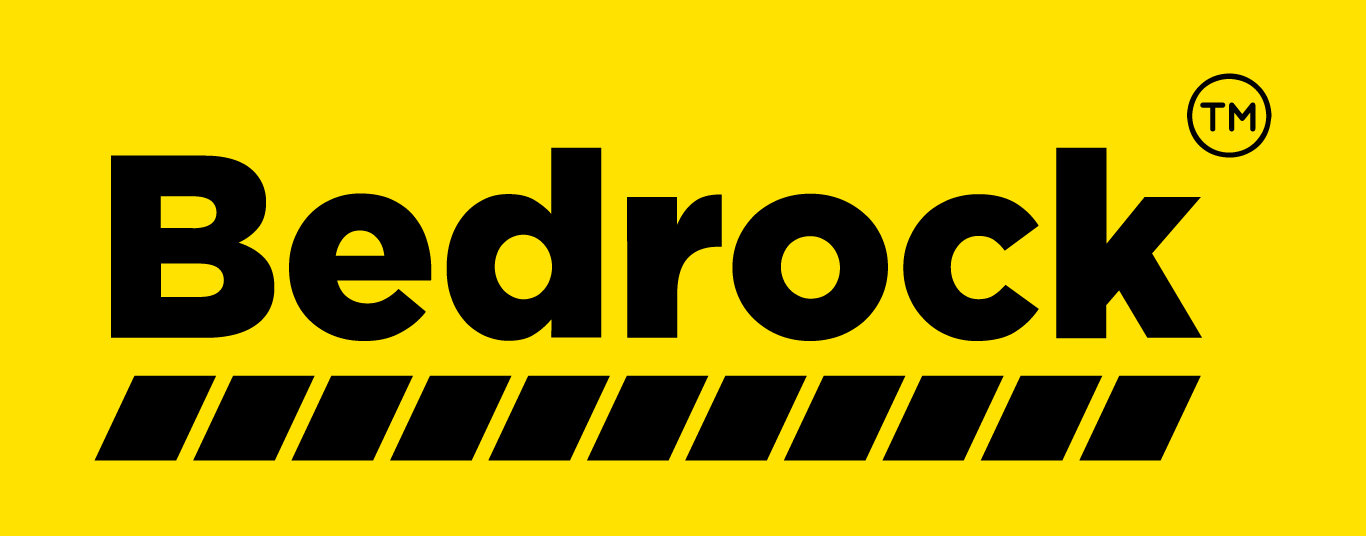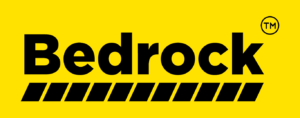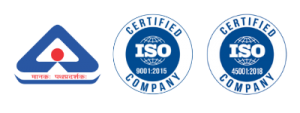
Traffic regulations serve as the cornerstone of road safety and order, guiding motorists, pedestrians, and cyclists to navigate roads and highways responsibly. Essential to the enforcement of these regulations are mandatory sign boards, which communicate important rules and directives to road users. In this blog, we’ll delve into the critical role played by mandatory sign board suppliers in ensuring compliance with traffic regulations.
The Importance of Mandatory Sign Boards
Mandatory sign boards are instrumental in conveying critical information to road users, such as speed limits, parking restrictions, lane usage, and other regulatory requirements. By clearly indicating what is required or prohibited, these signs help maintain order, reduce accidents, and improve traffic flow on roads and highways. From stop signs and yield signs to no parking and one-way signs, mandatory sign boards play a vital role in shaping safe and efficient transportation networks.
Comprehensive Signage Solutions
Mandatory sign board suppliers offer a wide range of signage solutions tailored to meet the diverse needs of traffic regulations. Whether it’s standard signs specified by traffic authorities or custom-designed boards for specific locations or purposes, these suppliers provide comprehensive signage solutions to ensure compliance with regulatory requirements. By offering a variety of materials, sizes, and mounting options, they cater to the unique demands of various road environments and traffic conditions.
Quality and Durability
Quality is paramount when it comes to mandatory sign boards, as they must withstand constant exposure to weather elements, UV radiation, and physical wear and tear. Mandatory sign board suppliers prioritize the use of durable materials such as aluminum, steel, or high-density plastics, along with weather-resistant coatings and reflective films to enhance visibility and longevity. By adhering to stringent quality standards and manufacturing processes, these suppliers ensure that their signage solutions withstand the test of time and maintain their effectiveness under diverse conditions.
Compliance with Standards and Regulations
Mandatory sign board suppliers adhere to strict standards and regulations set forth by traffic authorities and regulatory bodies. From design and placement to size, color, and visibility requirements, every aspect of signage production is governed by established guidelines to ensure consistency, clarity, and effectiveness. By complying with these standards, suppliers guarantee that their sign boards meet the necessary regulatory criteria and contribute to promoting safety and order on roads and highways.
Customization for Specific Requirements
In addition to standard regulatory signs, mandatory sign board suppliers offer customization options to address specific requirements or unique traffic situations. Whether it’s bilingual signs for multilingual communities, braille signs for visually impaired individuals, or pictorial signs for universal understanding, suppliers accommodate diverse needs to ensure that regulatory messages are effectively communicated to all road users. Customization options extend to size, shape, and mounting methods, allowing for seamless integration of signage into various road environments.
Innovations in Signage Technology
Advancements in signage technology have paved the way for innovative solutions that enhance the effectiveness and visibility of mandatory sign boards. Suppliers embrace technologies such as LED illumination, solar-powered lighting systems, and dynamic message displays to improve visibility, especially in low-light conditions or adverse weather. These innovations not only enhance the functionality of mandatory sign boards but also contribute to energy efficiency and sustainability, aligning with modern trends in infrastructure development.
Collaboration for Traffic Safety
Ensuring compliance with traffic regulations requires collaboration among various stakeholders, including government agencies, traffic engineers, urban planners, and mandatory sign board suppliers. By working together, these stakeholders can identify high-risk areas, implement effective signage strategies, and continuously monitor and improve traffic safety measures on roads and highways. Through collaboration and collective effort, communities can create safer and more orderly transportation networks for the benefit of all road users.
Conclusion
Mandatory sign board suppliers play a pivotal role in upholding compliance with traffic regulations by providing essential signage solutions that communicate important rules and directives to road users. With their comprehensive signage offerings, commitment to quality and durability, adherence to standards and regulations, customization options, and embrace of innovative technologies, these suppliers contribute to promoting safety and order on roads and highways. As communities strive to create safer and more efficient transportation networks, the contributions of mandatory sign board suppliers remain indispensable for achieving these goals.
- March 26, 2024
- By: admin
- Category:Road Safety Sign Boards
- no comments
- Tags: road safety sign boards suppliers in Mumbai
Related Posts

- April 10, 2023
- By: admin
- in: Road Safety Sign Boards, sign board supplier



